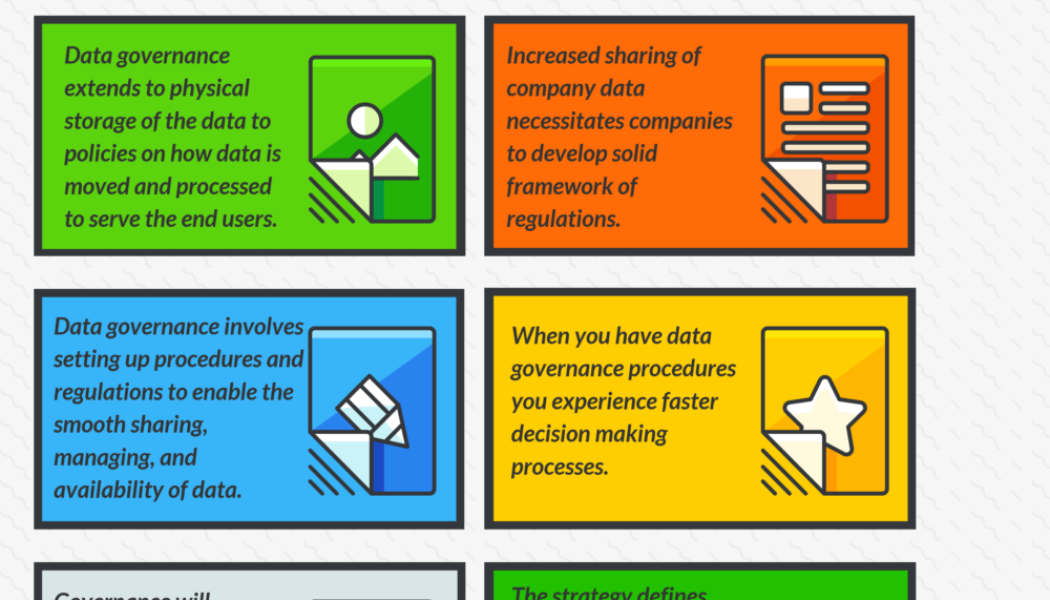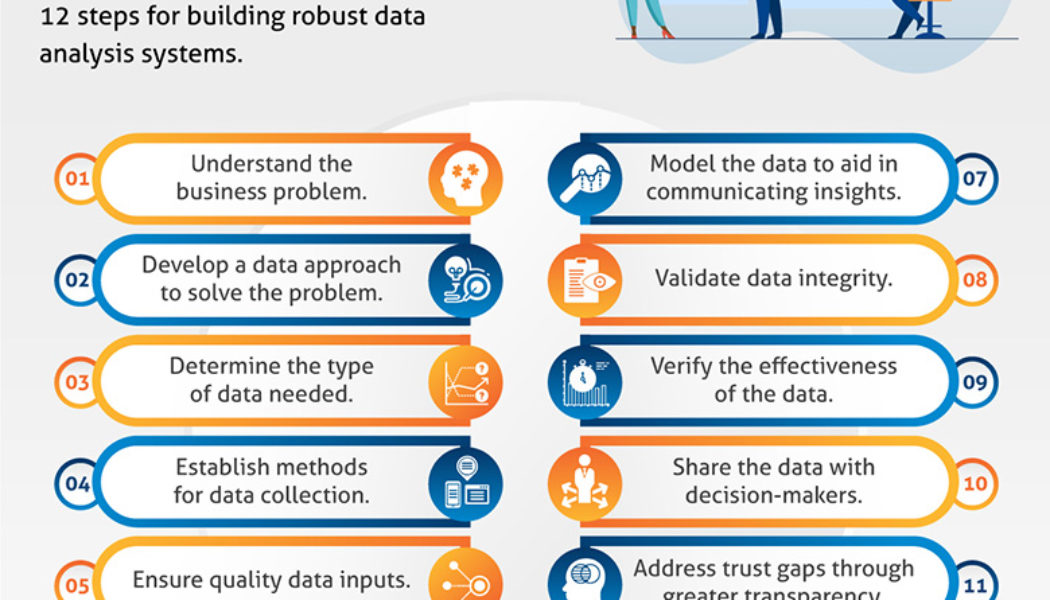data analytics
Why DataOps Should Be Embraced to Deliver High-stakes AI
We use cookies on our website to give you the most relevant experience by remembering your preferences and repeat visits. By clicking “Accept All”, you consent to the use of ALL the cookies. However, you may visit “Cookie Settings” to provide a controlled consent.
Showing Kids the Value of Data and Analytics Through Sports
We use cookies on our website to give you the most relevant experience by remembering your preferences and repeat visits. By clicking “Accept All”, you consent to the use of ALL the cookies. However, you may visit “Cookie Settings” to provide a controlled consent.
How to Deliver An Actionable Data Strategy
We use cookies on our website to give you the most relevant experience by remembering your preferences and repeat visits. By clicking “Accept All”, you consent to the use of ALL the cookies. However, you may visit “Cookie Settings” to provide a controlled consent.
How Businesses Can Benefit From a Data-Driven Culture
Lasath Punyadeera, Head, Personalisation, Standard Bank. In a world with increased competition and ever-evolving customer expectations, companies are using data now more than ever to make more informed business decisions. This approach to using data has been integrated into almost every industry, with financial services being one of the front-runners. The value of data and analytics lies in its ability to solve real world problems through precise integration of data, statistics, mathematics, and technology. However, to harness the power of data and make informed data-driven decisions, a data culture remains a prerequisite and must exist at the heart of an organisation. The use of historical data and traditional data points has always formed an integral part of a bank’s decision-making proc...











